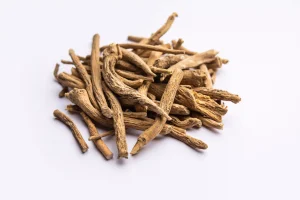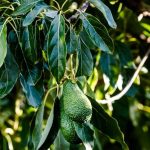
Learn about the properties of Siberian Ginseng root (Eleutherococcus senticosus)
Siberian Ginseng root (Eleutherococcus senticosus) is a medicinal plant also known as eleuthero, eleutherococcus and taiga. It was formerly known as Acanthopanax senticosus and belongs to the Araceliae family. The main properties of Siberian ginseng root include its adaptogen, aphrodisiac, anti-inflammatory, antirheumatic, antispasmodic, cardiotonic and immunostimulant properties.
It is therefore indicated in cases of arteriosclerosis, sexual impotence, neurasthenia, leucopenia, bronchitis, poor circulation, physical and mental exhaustion, arterial imbalance, among other conditions.
Its adaptogen properties have the ability to strengthen the human body, increase general resistance and reduce accumulated stress.
Siberian ginseng root (Eleutherococcus senticosus) is used to improve mental agility, improve blood circulation, tone the adrenal glands and improve productivity in the workplace. Russian cosmonauts are fed rations that include Siberian ginseng to help them acclimatise to outer space. Siberian ginseng is also widely used by athletes, deep-sea divers, high-risk professionals and people whose stress needs to be under control at all times.
Other uses of this plant include treating Alzheimer’s disease, reducing the side effects of chemotherapy, chronic fatigue, flu, colds, bronchitis, increasing appetite, among others.
Contraindications and side effects: Siberian ginseng is not recommended for pregnant or breastfeeding women. It is also not recommended for very young children. It is not suitable for people taking antihypertensive medication, or for people with high blood pressure.







Sorry, the comment form is closed at this time.